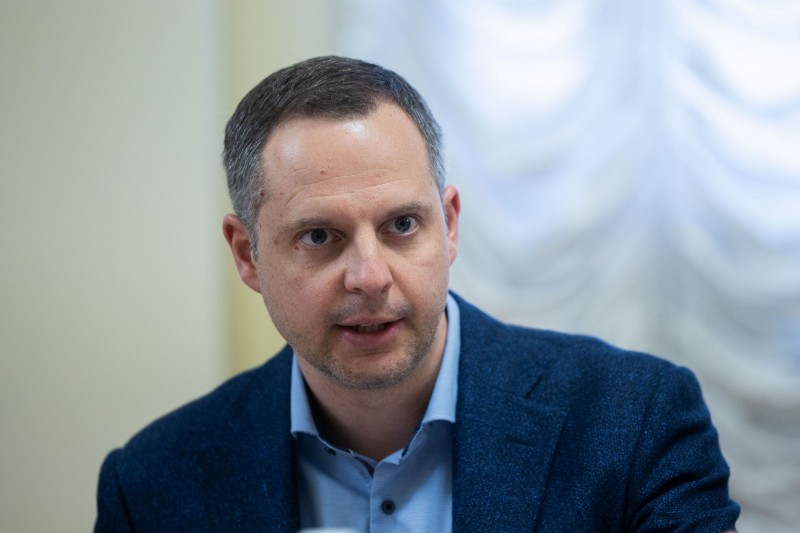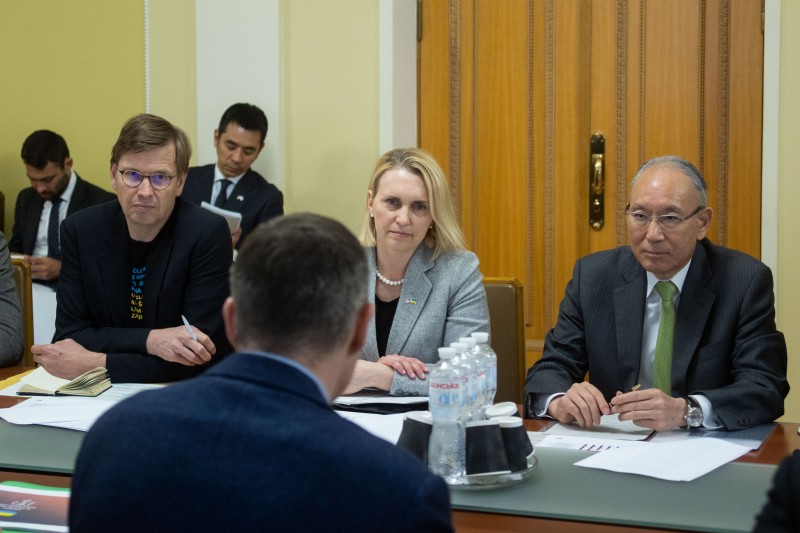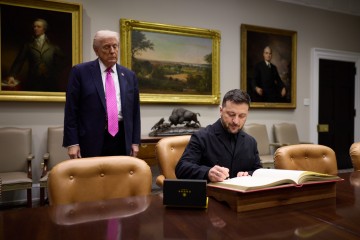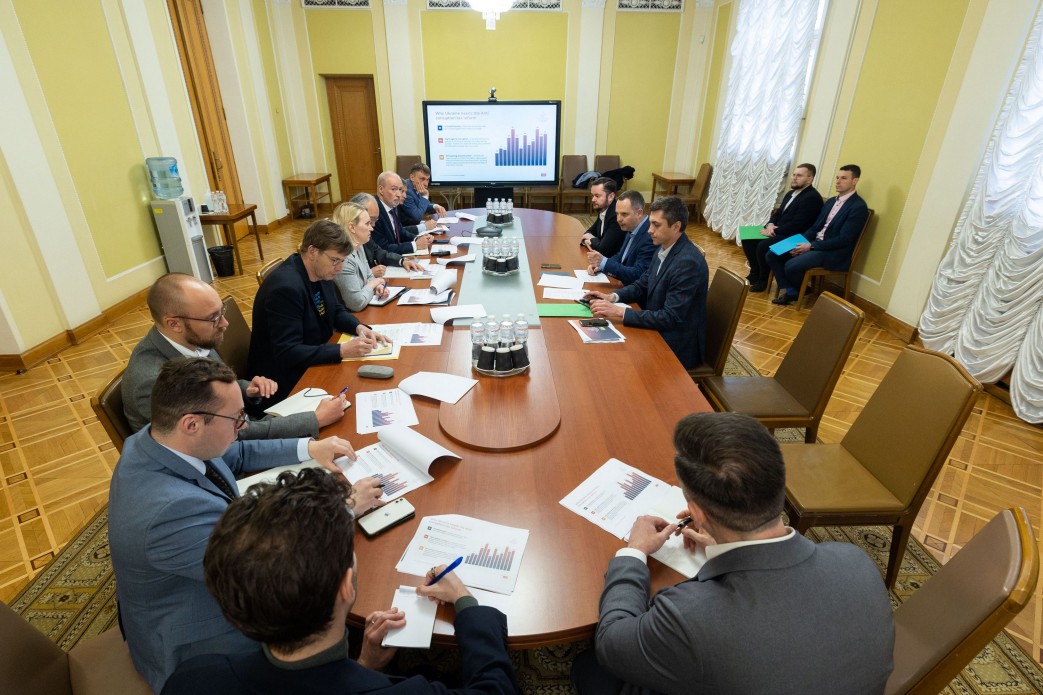Deputy Head of the Presidential Office Rostyslav Shurma started a series of meetings with ambassadors of the G7 countries to inform them of our country's plans to improve the business environment for investors and increase the level of investment attractiveness of Ukraine.
One of the measures is tax reform, the draft of which was presented to the ambassadors of the G7 countries.
According to Rostyslav Shurma, there are three main reasons why this reform is so necessary for our country.

"The first reason is that our country competes for investors with our neighbors: Poland, Slovakia, Hungary, Romania, and Bulgaria. Therefore, we have to offer tax conditions no worse than in these countries," explained the Deputy Head of the Presidential Office.
Rostyslav Shurma also emphasized that Ukraine has chosen a course of total fight against corruption, and taxes are one of the most problematic areas faced by business in this context. The reform will help fight corruption in the tax area.
In addition, Ukraine suffered significant losses during the war and has the right to create special conditions, including tax conditions, to facilitate the recovery process.
"We have to offer both local and international investors a set of incentives. And competitive tax rates are one of these incentives," said the Deputy Head of the Presidential Office.
Rostyslav Shurma emphasized that the current tax system has a negative impact on every Ukrainian citizen. As an example, he cited the VAT rate on food products, which is one of the highest in Europe.
The Deputy Head of the President's Office highlighted four positive examples of tax reforms carried out by Slovakia, Bulgaria, Cyprus and Ireland.
In particular, Cyprus and Ireland implemented such reforms after wars or armed conflicts on their territory and managed to overcome the existing problems and achieve economic growth.
In Slovakia and Bulgaria, the reforms took place despite the post-Soviet mentality of business in these countries and the reluctance to voluntarily pay taxes.
"By reducing taxes, Slovakia and Bulgaria have achieved these goals, significantly increasing budget revenues, and managed to bring business out of the shadows," said Rostyslav Shurma.
The Deputy Head of the President's Office is convinced that the reform will increase responsibility for tax evasion and transfer payments for some goods exclusively to the non-cash sphere.

Rostyslav Shurma emphasized that negotiations with international partners, including the IMF, will be key to the reform and called on the ambassadors of the G7 countries to join these talks.
U.S. Ambassador to Ukraine Bridget Brink emphasized the importance of conducting an information campaign explaining the need for business to pay taxes, which should be carried out along with tax reform.
She noted that the US has a culture of absolute tax compliance, emphasizing that the tax burden in the United States is lower than in Ukraine.
The share of GDP redistribution through the budget in the United States is 25%, while in Ukraine it reaches 40%.




